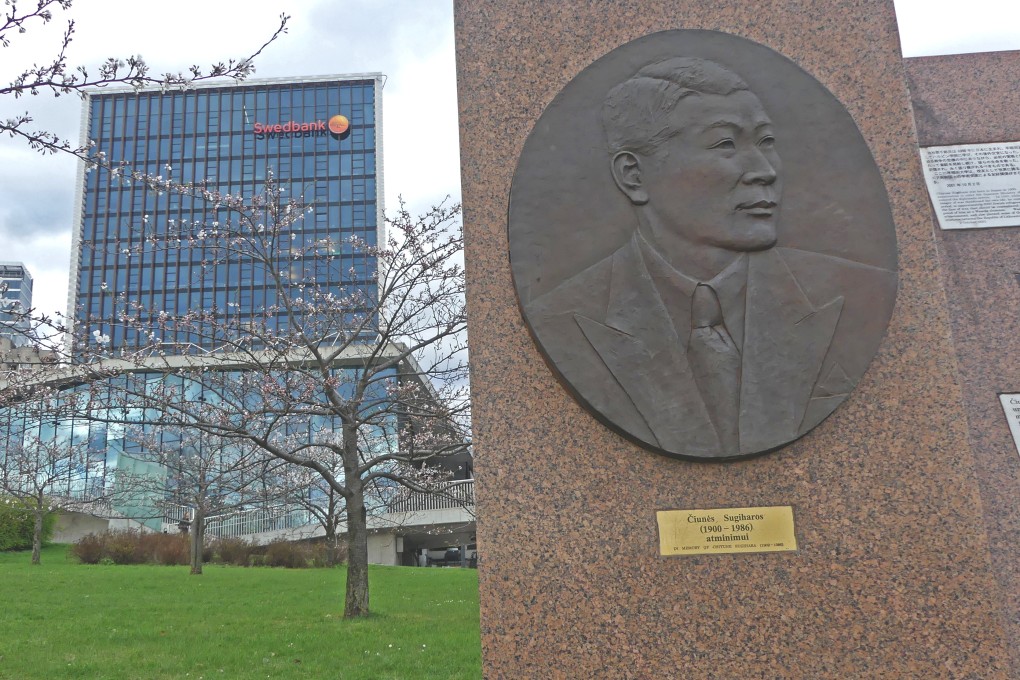‘Japanese Schindler’ likely to have saved fewer Jews in WWII than Tokyo claimed: academics
- Chiune Sugihara, a diplomat known as the ‘Japanese Schindler’, is considered a hero in Japan for saving thousands of Jews from the Nazis
- But academics say his activities in Lithuania were exaggerated in order to win favour with Israel and Jewish interests in the US

Tokyo has exaggerated the activities in Lithuania in 1940 of a diplomat known as the “Japanese Schindler” to win favour with Israel and Jewish interests in the United States, according to a number of Israeli and Japanese academics.
A paper by Rotem Kowner, a professor at the University of Haifa, published in The American Historical Review in March, stated that Sugihara “has become a national hero in Japan and is considered a paragon of virtue in a number of other countries”, but that heroism has been “manipulated” for Japan’s motives.

Oskar Schindler – made famous in the award-winning 1993 Steven Spielberg film Schindler’s List – was a German industrialist and member of the Nazi Party who nevertheless saved the lives of at least 1,200 Jews who worked in his enamelware and munitions factories in occupied Poland.
Since the mid-1990s, Sugihara has appeared in Japanese school history books as the diplomat who used his position to issue more than 6,000 visas to fleeing Jews to travel across Siberia to safety in Japan.
The accounts claim he worked 20 hours a day until he was forced to leave the consulate in Kaunas on September 4, 1941. At the time, Lithuania was a part of the Soviet Union, which was invaded on June 22, 1941, by Nazi Germany, a member of the Axis Powers alongside Japan and other states.

Movie depictions of Sugihara’s story show him throwing visas from the window as his train left the station, and it has also been claimed that he gave the official visa stamps to Jews before he left.
